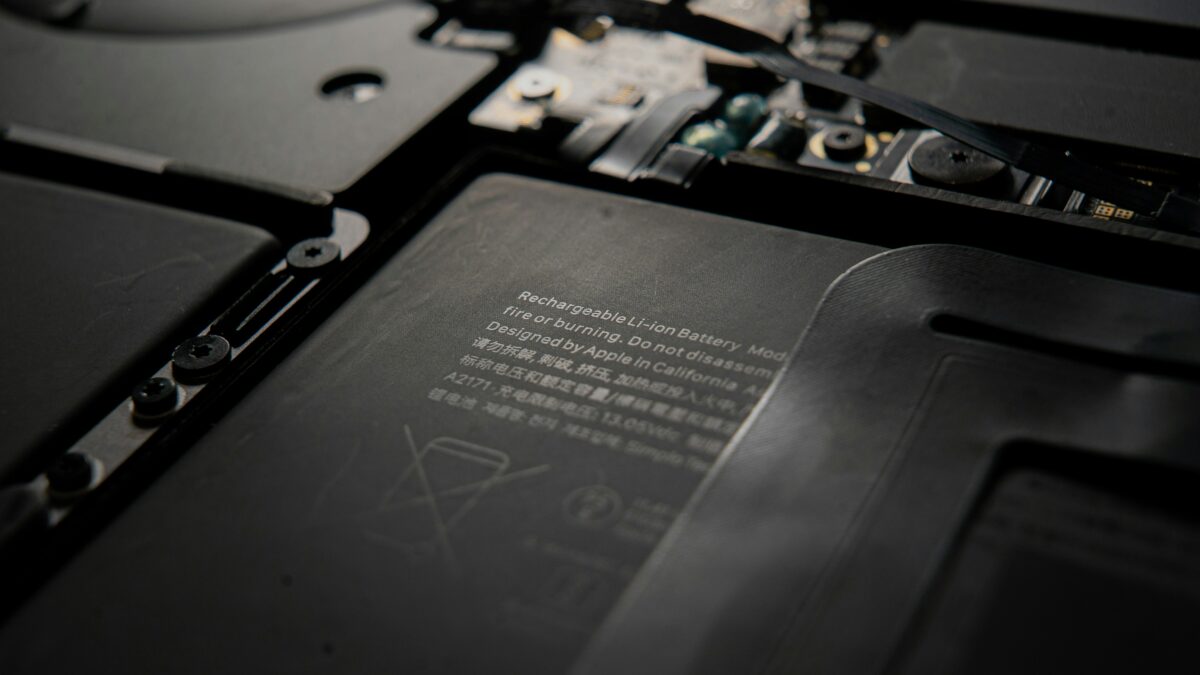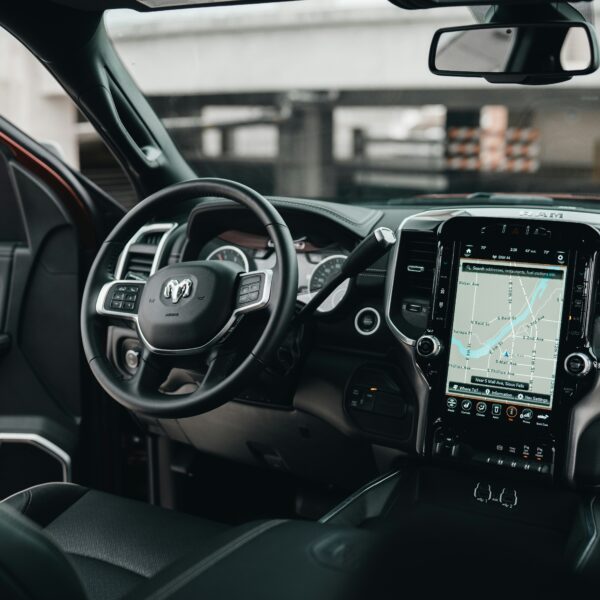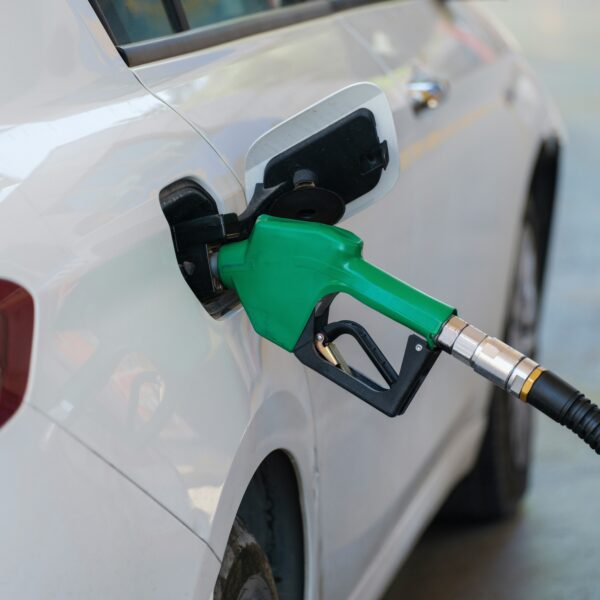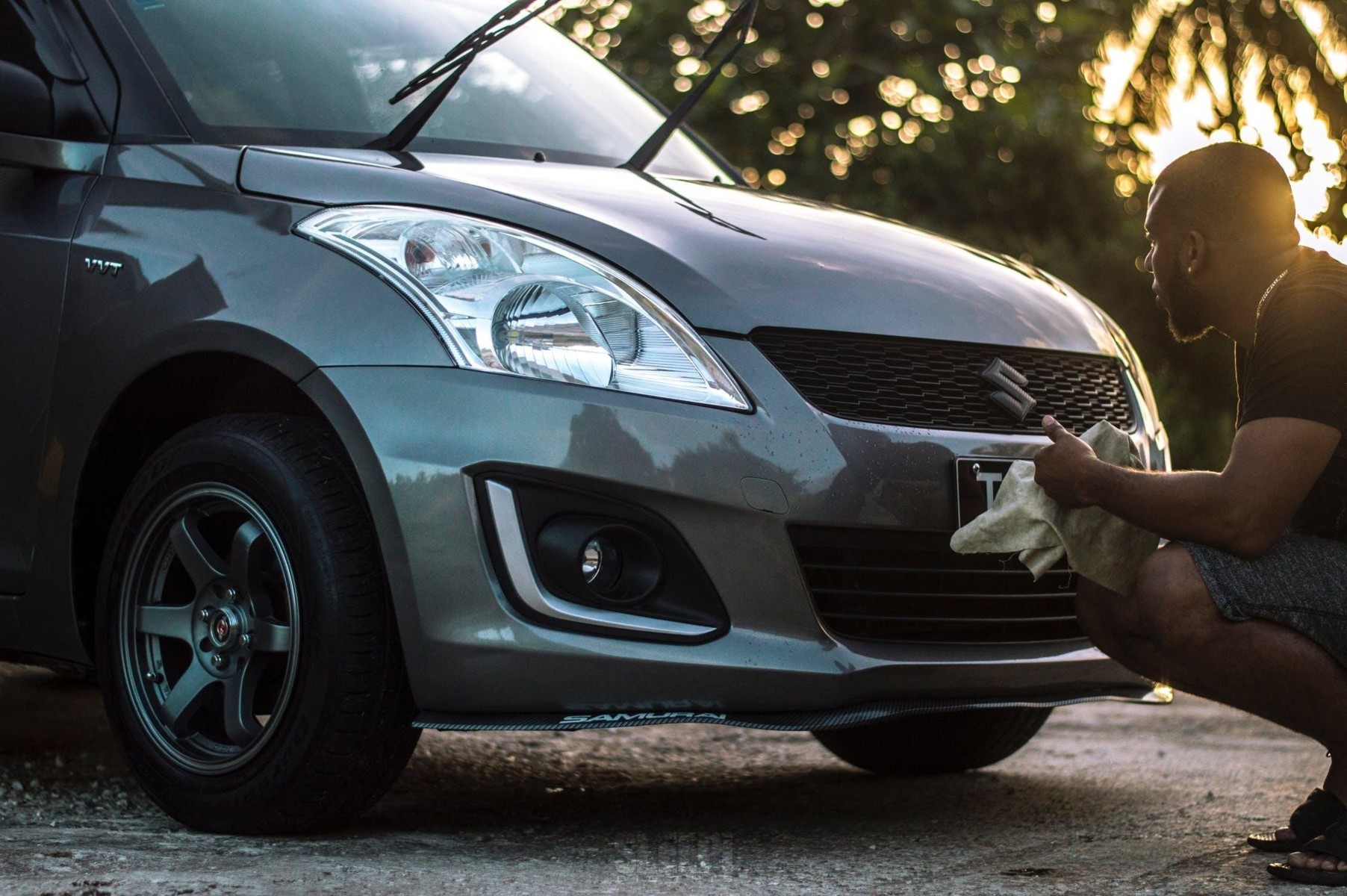Here’s What You Need to Ask Before Buying a Used Car
In the realm of major life decisions, buying a car ranks among the most pivotal (at least for your wallet). For many, a car is a big investment, often requiring careful planning and consideration before making up one’s mind. Because of this, it’s common for fear to trickle in, which can lead to costly mistakes as well as doubts over your decision. If you’re in the market for a new or used vehicle right now, here’s what you need to ask to guarantee that you are making a sound decision.
What you need to ask: key questions for used car buying
The act of acquiring a vehicle goes beyond mere ownership; it encompasses a multitude of factors that impact our daily lives, financial well-being, and overall satisfaction with the choices we make. In recent times, however, the automotive market has given us even more reasons to feel perplexed during these decision-making processes. With car prices soaring in 2023, consumers have started to shy away from expensive trim options and instead scout the cheapest new cars or well-maintained used vehicles.
When buying a used car, in particular, it is important to take certain precautions to ensure a wise and satisfactory purchase. By asking specific questions, you can avoid unexpected surprises down the road. And perhaps most importantly, save you from future of headaches.
Before buying a used car, it is Crucial to ask the following questions:
- What is the vehicle’s history? Inquire about the car’s ownership history, accident history, service records, and if it has ever been involved in any major repairs.
- What is the condition of the car? Ask about the overall condition of the vehicle. This includes any existing mechanical issues, cosmetic damage, or signs of wear and tear. The salesperson won’t always point out the flaws in hopes of making a deal. Take a few moments to assess and analyze every little detail.
- Has the car undergone any recent inspections or repairs? Determine if the car has recently been inspected by a certified mechanic. In addition, find out if any significant repairs or maintenance have been performed.
- What is the mileage on the car? Inquire about the mileage to assess the usage and potential future maintenance needs of the vehicle. Mileage is often the biggest indicator of wear and tear as well as the potential lifespan of a used car.
- Are there any warranties or guarantees? Find out if the used car comes with any remaining manufacturer’s warranty. Or if there are any additional guarantees provided by the seller. Most car warranties typically end after a specific duration or mileage limit, whichever comes first. Basic warranties usually last 3 to 5 years, so keep this in mind.
- Can I take the car for a test drive? Always request to test drive the car to assess its performance, handling, and overall comfort. Pay attention to any unusual noises or issues during the test drive. And don’t be afraid to take your time!
- What is the asking price? Negotiate and discuss the pricing of the used car. Before signing, research the market value and compare it with the asking price to ensure a fair deal.
- Can I have the car independently inspected? Consider getting an independent inspection done by a trusted mechanic. A licensed mechanic will thoroughly assess the car’s condition and give you reassurance the car is in good condition.
- Is there any outstanding financing or liens on the car? Ensure that there are no pending loans or liens on the vehicle that could potentially cause complications or ownership issues. This is particularly important if you opt for a purchase from a private party.
- Can I see the vehicle’s title and registration documents? Request to review the title and registration documents to ensure they are valid. This includes verifing that the Vehicle Identification Number (VIN) matches the documents. Double check to make sure all documentation is up-to-date and correct.
Why the questions you ask matter
Many car salespeople work on a commission basis, meaning their income is directly tied to the number of cars they sell. This incentive structure can sometimes lead to aggressive sales tactics or a focus on maximizing their own earnings rather than prioritizing the customer’s best interests.
Occasionally, salespeople may also withhold or manipulate information about a vehicle’s history, condition, or pricing. This lack of transparency can erode trust and create doubts about the integrity of the transaction.
Due to this possibility, what you do ask does hold significance.
Top recommendations for a hassle-free used car buying experience
Asking specific questions about the car’s history, condition, maintenance, and warranty can provide valuable insights and help you make an informed decision. More importantly, it’s crucial to trust your instincts. Don’t let high-pressure tactics rush you into a car decision. Take your time and gather as much information as possible. In fact, ask as many questions as possible!
With proper precautions and a thoughtful approach, you will navigate the used car market with confidence. Thereby ensuring every time that you make the right choice and find a reliable vehicle that meets your needs.
















